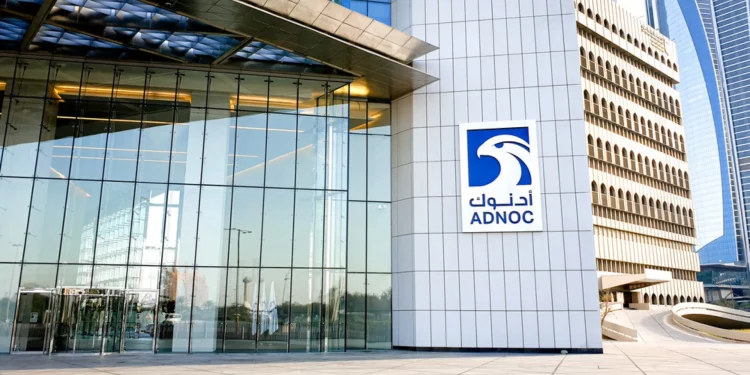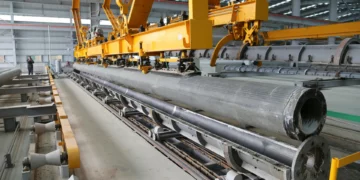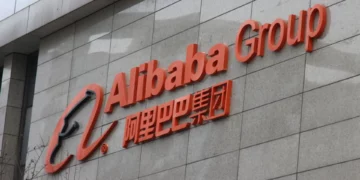ADNOC is also diversifying into the renewables sector, petrochemicals, and liquified natural gas (LNG)
Abu Dhabi National Oil Company (ADNOC), the United Arab Emirates (UAE) state-owned oil behemoth is diverting its hydrocarbon revenues to expand globally and foray into different energy-based businesses to diversify itself and generate income for the Emirati kingdom.
Currently, the UAE’s policies are very similar to the other oil-producing Gulf states like Saudi Arabia, Qatar, etc., which is to extract as much oil as possible from their reserves and sell at a valuation till the demand for oil and gas sustains.
These countries are aggressively investing in other sectors to reduce their dependence on crude revenues because the world is shifting towards other renewable sources of energy like solar, hydroelectric, biofuels (ethanol, biodiesel, biogas, etc.), wind and many more.
ADNOC is also diversifying into the renewables sector, petrochemicals, and liquified natural gas (LNG). It is actively searching for global opportunities to invest in such ventures to diversify as well as generate more income for the state.
People associated with the matter said that ADNOC is looking for LNG reserves in Africa and is eyeing purchasing a 10% stake in Galp, a multi-billion dollar natural gas project in the Rovuma basin located in the Cabo Delgado Province of Mozambique.
The international oil major was occupied with making huge deals year round. It purchased a 30% stake in the Absheron gas field in Baku, Azerbaijan. It put forth an offer along with BP plc. to purchase a 50% stake in NewMed, an Israeli gas producer, and a panel is reviewing this offer. It is in negotiations to takeover Covestro, a German plastic producer, for $11 billion.
It has also entered into negotiations with the Austrian OMV. If the merger deal is executed, it would result in the formation of a new entity worth $30 billion by merging Borouge and Borealis in a 75:25 split, where OMV would control a 75% stake.
ADNOC is entering into the energy trading business as well, and many details are awaited. They have plans to open up a trading office in Geneva and a representative office in London. In 202, they had set up two trading desks, ADNOC Trading for trading crude oil and ADNOC Global Trading, a joint venture with Eni, an Italian energy company and OMV for refined products.
Major Shift
ADNOC’s bilateral deals began more than half a decade back, and it took speed after a board meeting in November of 2017 chaired by the President of UAE, Mohammed bin Zayed. Under his leadership, the board formulated a plan for 2027 to increase the production capacity up to 5 million barrels per day. They had also approved a $150 billion capital expenditure for a five-year business plan.
ADNOC is transitioning similarly to its other regional counterparts. Saudi Aramco and Qatar’s QatarEnergy are also investing outside of the Middle East for diversification and more revenue generation.
These state-owned oil companies have sped up their shift to the renewable energy space as the timeframe is contracting for the monetisation of their oil wells. These oil and gas producers are doubling down on their efforts to expand themselves into other fields as soon as possible.
ADNOC went on a hiring spree at the start of this year, onboarding 3,370 new staff, involving 28 senior managers. These new hires are from global energy firms, trading houses, consultancies, etc., as per the LinkedIn employment network.
Some new managers include Michele Fiorentino from Baker Hughes, a US oil services firm. He reports to Musabbeh Al Kaabi, the low-carbon solutions and international growth chief who also chairs Mubadala Energy.
Bart Cornelissen, senior vice president of ADNOC, came over from Deloitte. Michael Haffner, an investment banker in the energy sector, brings over his experience of working at Greenhill & Co. recently and Deutsche Bank and UBS earlier, joined ADNOC as a senior adviser to the executive office for business development.

















